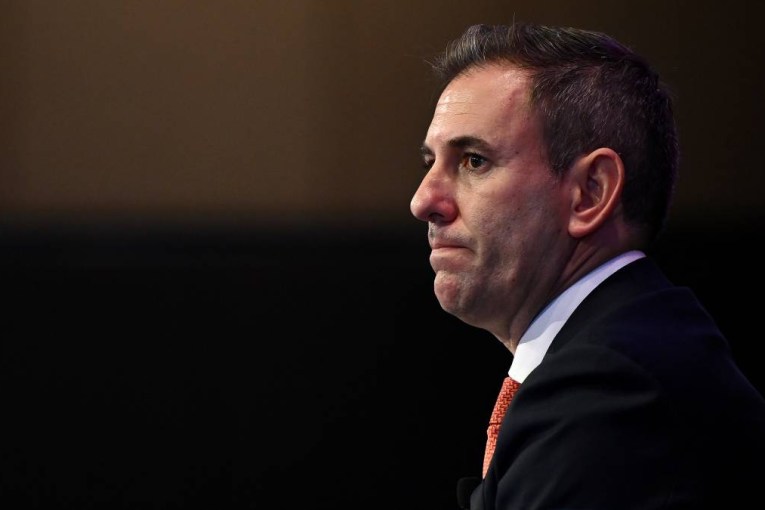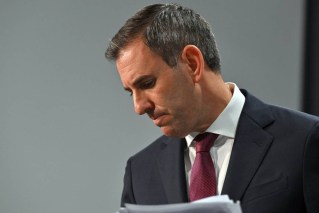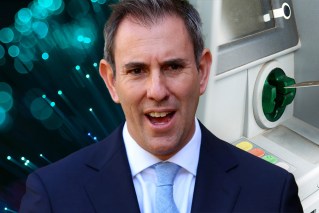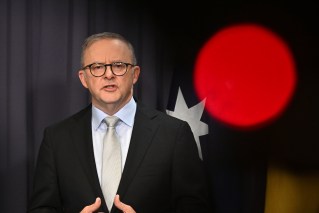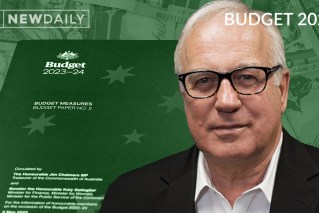Budget 2017: Superannuation could be targeted


Wealthy downsizers are likely to get a budget benefit. Photo: Getty
Scott Morrison used a lot of political capital last year, getting a watered-down package of superannuation changes through both the Coalition party room and Parliament.
In his second budget as Treasurer, we could see some payback for the pain he dished out to wealthy Coalition supporters who have held back donations to the Liberal Party in protest.
This is likely to be in the form of concessions to encourage wealthy retirees to downsize their homes, in a move supposedly aimed at housing affordability and making larger homes available for young families.
It will allow older home owners to sell larger homes, downsize and move some of the resulting profits into superannuation with a tax encouragement for wealthy people.
Downsizers will probably be able to break the $1.6 million transfer balance cap and the $300,000, three-year cap on after-tax super contributions with sale proceeds and so build up larger super balances than the limits would allow.
It appears unlikely that proceeds will be exempt from the pension assets test, as experts say this would be too complex and subject to rorting. However the Treasurer will fill us in on the detail of all this on Tuesday night.
There will also be a mechanism to allow first home buyers to save for a deposit in the way they can for super. An earlier proposal favoured by Mr Morrison which would have seen super savings used for a deposit, has since been canned by both the Treasurer and Prime Minister Malcolm Turnbull.
However, the shape of the new proposal is not clear. It could include directing the compulsory super guarantee payments employers must make for workers to a special deposit saving account.

Scott Morrison may offer incentives to downsizers in the 2017 budget.
Another possibility is allowing people to make salary sacrifice contributions, now restricted to superannuation, to a deposit saving account. That would effectively allow people to save for a first home at the concessional rates of tax now reserved for super.
The first proposal would likely come in for the criticism levelled at the plan to use existing super savings for a first home: it would eat away retirement benefits, push up pension costs and possibly house prices.
However, a salary sacrifice-style plan would find less opposition. Nicki Hutley, chief economist with research group Urbis, described it as “not a bad idea”.
“Housing is a crisis for our times with no single solution. It could encourage Gen Y people to save more for a home whereas now they might be discouraged. But there could be a big cost to the government and it would cut consumption by reducing income,” Ms Hutley said.
If that plan is implemented, it will effectively be modelled on a Labor initiative scrapped in 2014.
The budget is also likely to extend capital gains tax concessions that encourage efficiency-driven super fund mergers.
Measures to improve the efficiency of the super sector may also be announced. However details are unclear and major changes seem unlikely as the Productivity Commission is still reviewing the default super sector.
The budget will also announce that the $130 billion Future Fund, designed to pay the superannuation liabilities of Commonwealth public servants, will be preserved till 2026. It is now scheduled to start paying returns in 2020.
